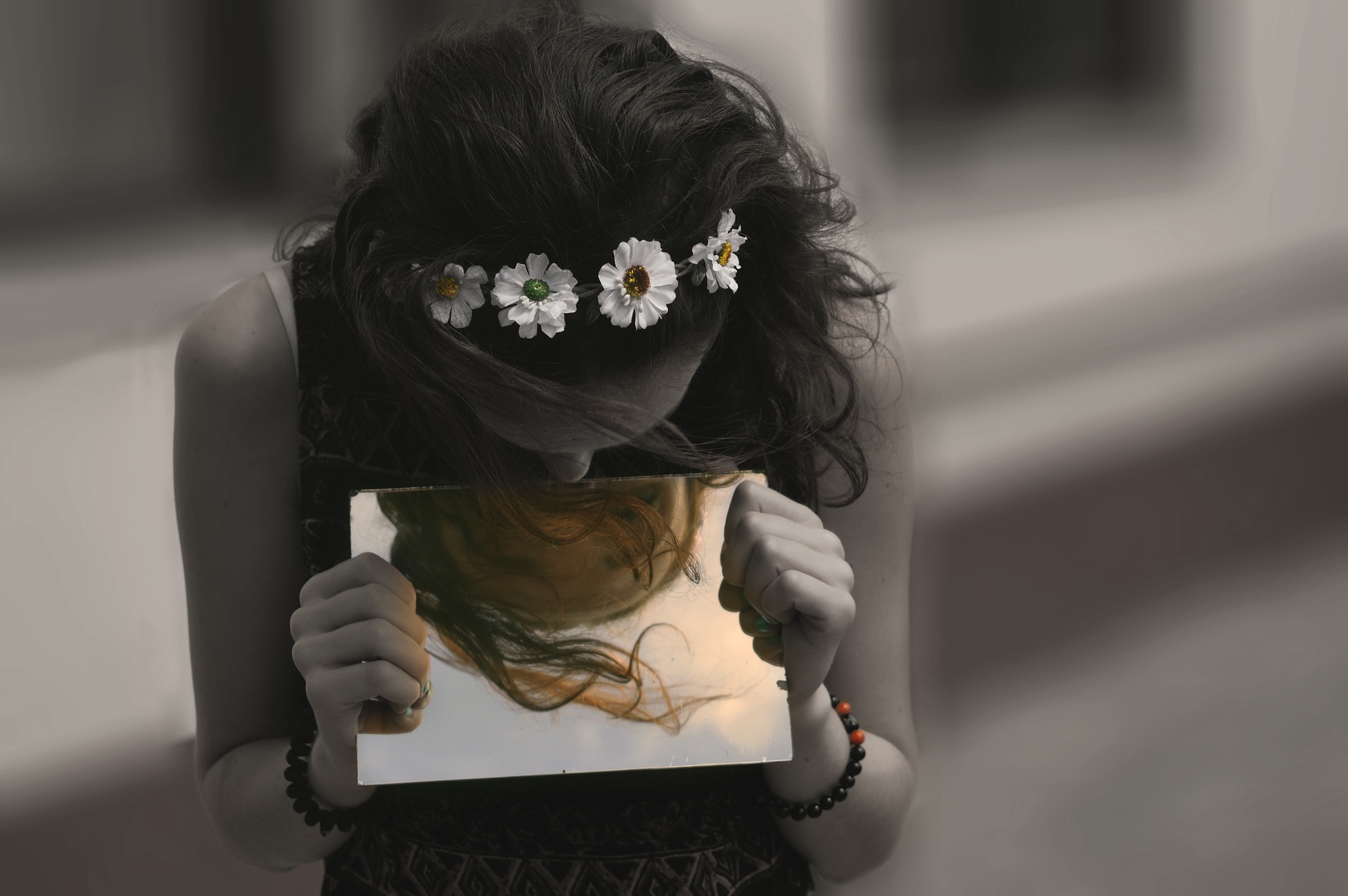The root of wisdom lies in the observation of your own mind.
—Gönpawa 11th century
It’s necessary to accept all elements of life are as they are, and only after this process of accepting, is it possible to make a change. Other words for acceptance are patience, tolerance and spaciousness. We have to recognize what is present right now, but often it’s difficult to accept, because there may be unhappiness and dissatisfaction related to it. Sometimes a problem is caused by our habitual way to react and behave.
Rather than continuing an old pattern, it’s possible to step back and look into ourselves and the existing situation, which will now show itself in a new light. We see the known because it’s our habit. Maybe it can be traced back to our childhood, often a copy of our parents’ ways of living, felt as an atmosphere, with a specific mood that colors our way of experiencing. These patterns and moods are difficult to confront because they have become ingrown and seem natural or they may be seen as provocative because we do not like ourselves in that way. Whenever we experience something in life, there is an automatic reaction like, “no, this shouldn’t happen,” but things happen even though we hope they wouldn’t, life doesn’t turn out as it should. “It should be different, there is far too much of one thing and too little of something else.” We may realize one day that it is absolutely endless to view life this way.
In each situation we may have two perceptions, with possibly two contradictory images, one that we are looking at right now and another when we compare reality with images of how we think it’s supposed to be. When our expectations are worse than expected we get disappointed. When things turn out to be much better than we imagined we are happy and surprised. We feel depressed or elevated depending on how our expectations unfold, based on our predefined illusions and fantasies about life and ourselves.
Another possibility is to fall into the dullness not really seeing anything. We may try to anesthetize ourselves and let time pass, hoping that everything will solve itself, but deep inside a fear and uncertainty lingers, “I didn’t succeed, I’m not good enough, I should be much more and better”. We may feel uneasy and anxious, but we can change this by becoming aware of what is happening and what we are doing. It is possible to stop and observe what is going on.
We humans have an absolutely wonderful ability to be alert and aware of what’s going on, and from here it’s possible to develop and move on. These phases can be described as first being aware of what is happening, then to accept things as they are, and afterwards looking at our resistance to confront ourselves and finally realizing that it is necessary to creatively find more constructive ways of living and viewing life.
It could easily become a hopeless project to judge ourselves, so instead we can decide “I will do my best, I can’t do better right now, so that must be good enough.” When we persist in our efforts, the situation will change, so make small goals that are practical and possible. Just as a long journey begins with the first step, we can be patient and kind to ourselves and acknowledge the aspects of our personality that we do not like. Similarly, when we feel unsafe and insufficient, remember that these are common human feelings, which we share with everyone else. The more we are willing to accept ourselves and those around us, the easier our lives become. In the same way, with our expectations, we can try to think positively and not worry for no reason. When life is difficult, it’s important to keep the attitude, “I will not waste my energy more on this, so instead I will move on.
It may be interesting to look at our physical reactions when we form a resistance to what happens right now, and here we may observe tensions in the muscles. Acknowledge it, release the mental resistance and the muscle tension will similarly relax. Specially active places of tension may be the jaw muscles, shoulders, pains in the loin and in the legs. It can also be a headache or stomach ache. These reflections include only a few facets of life and life is often quite complex! Here are some questions to examine our personal experience and understanding of acceptance. Have a nice time while observing the mind and body.
- Do I like myself?
- Can I accept myself, my life and the situation that I am in just now?
- How does it feel when a tension in my muscles is building up?
- What is hard to accept and is there a pattern to it?
- How do I use humor to forgive myself?
- How can I train myself to become more compassionate with others and myself?
Photo by Blaze of Bliss, England.
